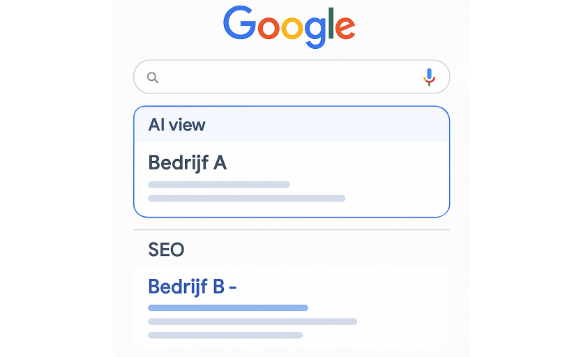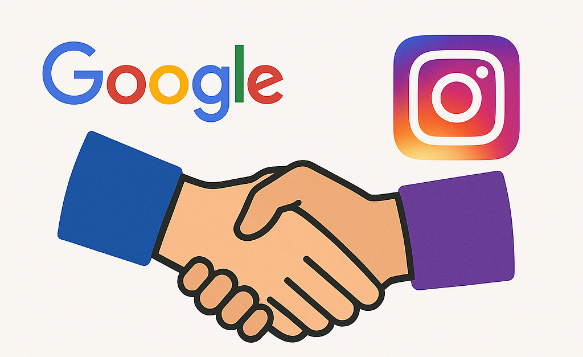
Generative AI has quickly found its way into marketing departments, including in the B2B segment. The technology offers speed and scale, with tools that generate Web copy, emails or white papers within seconds. Yet beneath this efficiency drive lie risks that should not be ignored. Those who deploy AI without clear frameworks risk brand dilution, loss of relevance and reputational damage.
Therefore, the key question for B2B marketers is not whether AI should be used, but how, with what and under what conditions.
AI is not a strategy
Many companies embrace AI as a content production engine, without questioning whether that content truly aligns with their strategic positioning. The quality is often grammatically correct and presentable, but the content remains generic. In the B2B domain, where buying processes are complex and knowledge-driven, superficial communication is a pitfall.
AI lacks context, nuance and industry knowledge. Without human editors, nuances such as tone-of-voice, customer issues and content accuracy are easily overlooked.
Brand identity under pressure
A consistent brand identity is essential in the B2B marketplace. Customers base their trust not only on products, but on the sense of reliability and expertise a brand exudes. This is precisely where untargeted AI deployment falters: texts that have not been tested for brand values can clash with previous communications, or worse - contain incorrect information.
This creates reputational risk. Not infrequently, AI comes up with factual inaccuracies, misinterpretations or unsubstantiated claims. Especially in industries with compliance requirements or technical complexity, human validation is indispensable.
Guidelines and editing are necessary
The solution lies not in keeping AI out, but in creating clear frameworks. Companies would be wise to develop guidelines for AI use within marketing. Think style books, brand protocols and approval processes. AI can be fine for concept development or rapid content formatting, as long as final editing remains in human hands.
In addition, effective deployment of AI requires a certain amount of training. Teams must understand how prompt engineering works, how to assess AI output, and when it is wise to deviate completely from what the algorithm suggests.
Three principles for responsible AI use
TMC Media advises B2B organizations to frame AI use using three principles:
- AI supports, does not replace: use AI as an input channel, not an end station.
- Human editing remains crucial: every piece of content must be tested for brand consistency, relevance and factual accuracy.
- Strategic direction is leading: technology follows strategy, never the other way around.
AI requires direction, not surrender
AI is a powerful tool, but not an autonomous marketer. In the race to scale and speed, it is tempting to let go of control. Yet that is precisely where the danger lies. The B2B market is all about trust, content and authority. Anyone who hands that off to an algorithm loses more than just clicks; it gets to the heart of brand equity.
At TMC Media, we believe in a hybrid model: human creativity and strategic insight enhanced by technological support. This is the only way AI can become a valuable ally in B2B marketing, without losing sight of the essence of the brand. Want more information on how we can help? Get in touch via our contact form.
Relevant blogs

Interested in digital growth for your industry?
Strengthen your online presence and expand your market reach with TMC Media. We combine strategic thinking with innovative creativity for measurable results. From conversion-oriented websites to targeted online marketing campaigns - we are your digital growth partner.
Contact us for a no-obligation consultation



































































!.png)
































